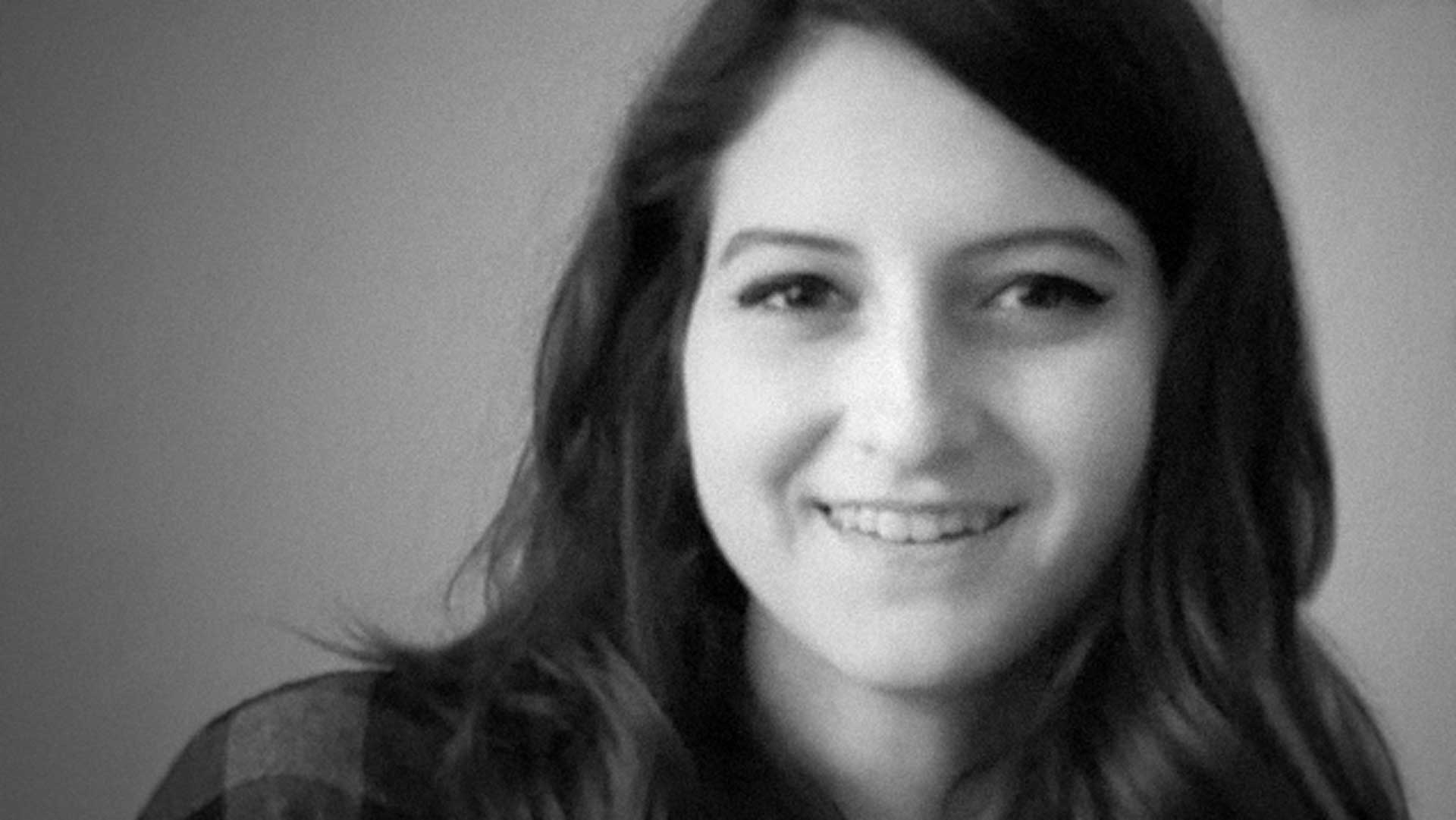She went from learning disabled to honor roll – all because of some “goofy tests” and a pair of eyeglasses, said her mother, Cheryl Reilly.
Those “goofy tests,” performed by Deborah Zelinsky O.D., founder of the Mind-Eye Institute in Northbrook, Ill., suggested that Mikayla Reilly, then 12 years old, had such narrow range of visual awareness, she could only see what was directly in front of her — a diagnosis no physician had previously determined, said Cheryl, a resident of Lake Zurich, Illinois.
“Dr Zelinsky prescribed eyeglasses that totally changed Mikayla’s life,” Cheryl said.
That “change” transformed Mikayla from a struggling elementary-school student with difficulty concentrating and completing her work to an early graduate – with honors – at Lake Zurich High School.
“Mikayla had been having problems all her life. Her handwriting was terrible. She drew [rudimentary] pictures – stick people — on a slant. Even her walking seemed uncoordinated. She would trip over her own feet, bump into things,” says her mother.
In fact, from age 3 on, Mikayla had been on an individualized education program (IEP), which included occupational therapy and physical therapy. Teachers complained to Cheryl that her daughter failed to pay attention, did not listen in school.
Doctors checked Mikayla but found nothing unusual.
“Her central eyesight was evaluated as a normal 20/20 in each eye, and the pediatrician said her clumsiness was probably due to her tall, skinny stature. But something more seemed to be going on with her,” said Cheryl.
That’s when a friend suggested a visit to the Mind-Eye Institute. “She’s different, not like other doctors,” Cheryl recalls the friend saying about Dr. Zelinsky.
During the first appointment, Dr. Zelinsky asked Mikayla to walk around, sometimes wearing special goggles, sometimes without. Then she had her reading. Cheryl did notice that, during the reading test, her daughter moved her entire head – rather than just her eyes – as she read line by line.
Later, Dr. Zelinsky conducted her patented Z-Bell Test®, in which she had Mikayla reach out and try touching a nearby ringing bell with her eyes closed while wearing different lenses.
“Initially, Mikayla was unable to hit the bell. Her hand was going in a direction completely opposite the sound,” Cheryl said. “And, I am thinking, ‘Who can touch the bell with their eyes closed, anyway? What are these tests all about?’ This is goofy. Let’s just do a regular eye exam,” Cheryl said.
But, as Dr. Zelinsky began putting colored filters on the lenses Mikayla was wearing over her closed eyes, “she started hitting the bell – spot on,” Cheryl said. “It was truly amazing.”
The Z-Bell Test® is recognized by eye experts and scientists globally for evaluating patients’ ability to integrate spatial localization in both visual and auditory systems. The test is mentioned in the upcoming second edition of Patricia Lemer’s book Outsmarting Autism.
“The right mix of filters, lenses and/or prisms can readjust a patient’s visual balance and eye-ear connection by altering the way light disperses across the retina,” Dr. Zelinsky said.
Dr. Zelinsky determined Mikayla had problems using her peripheral eyesight, causing her brain to limit its focus – “something other doctors were not looking for,” Cheryl said. “Mikayla could either look up and listen or write and take notes but couldn’t do both at the same time,” Cheryl said.
Mikayla was prescribed a set of special “brain” glasses.
Unlike eyeglasses that merely correct central eyesight, eyeglass prescriptions developed through the Z-Bell Test® are therapeutic – designed for sensory integration — bringing patients like Mikayla relief for a range of symptoms caused by eye-ear imbalances, brain injuries and other neurological issues, including learning problems.
“I remember the day Mikayla put on her new eyeglasses. She marveled at how the windows and the seams between the walls and ceilings were so straight – not slanted. ‘Is this how everything has always looked?’ she asked me,” Cheryl said.
As her eyesight improved, Mikayla went through several sets of Mind-Eye Institute glasses, while being transformed from a student criticized by teachers for lack of concentration and focus to an honor-roll student, early high-school graduate and, eventually, a certified veterinarian technician.
Today, Mikayla, now 19 years of age, “is a happy, productive member of the community,” Cheryl said.
And, by the way, no more “stick people” on a slant.
“Mikayla can draw beautifully, with incredible detail,” Cheryl added.

Success Stories, Processing Disorders
Eyeglasses Send Her From Learning Disabled To Honor Roll
‘Goofy Tests’ at Mind-Eye Institute Pinpoint Peripheral Sight Problems’
